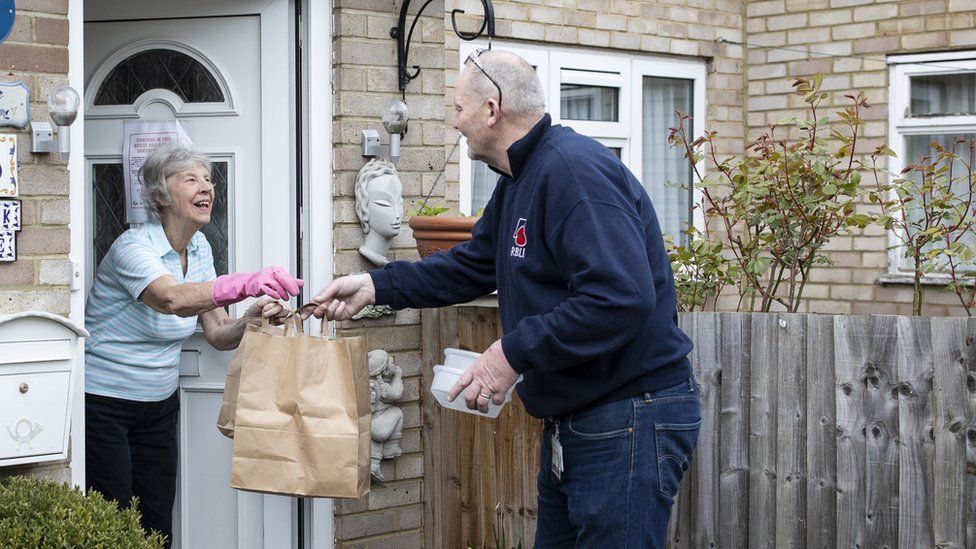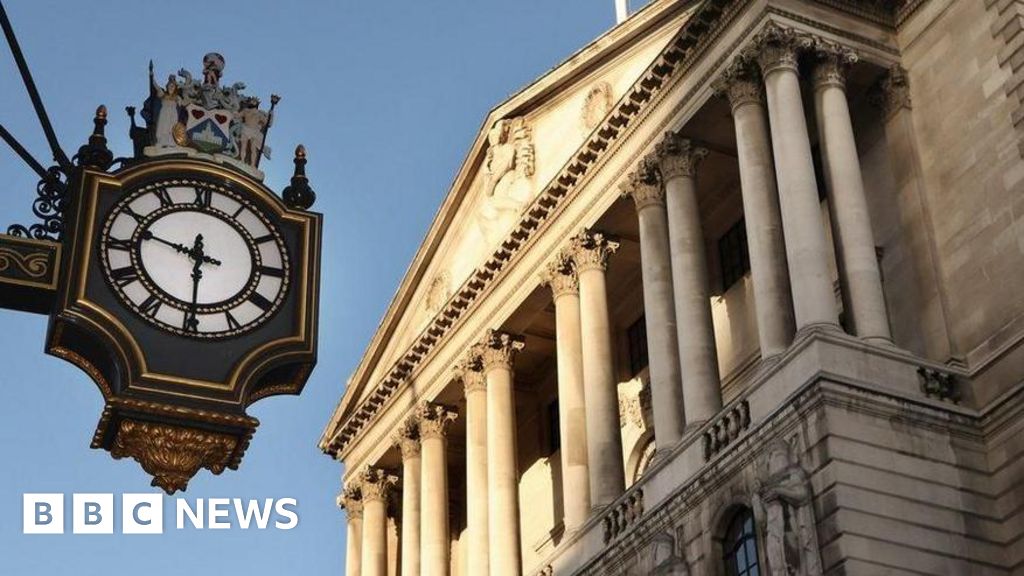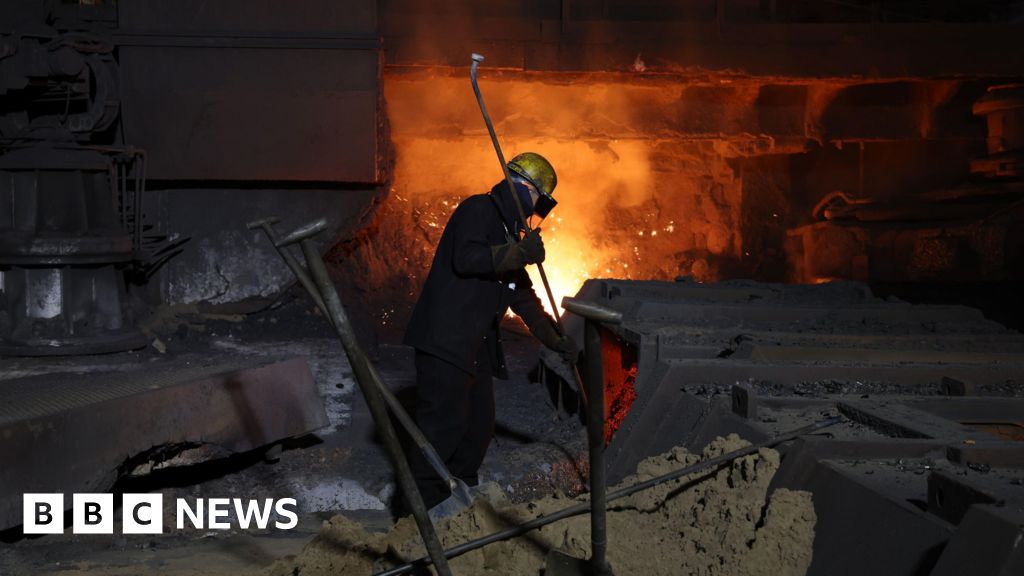ARTICLE AD BOX
 Image source, Getty Images
Image source, Getty Images
Volunteers helped to distribute food parcels to vulnerable groups during the pandemic
By Mark Easton
Home editor
The government is setting up an online "resilience academy" to train volunteers and businesses on how they can help when a national crisis hits.
Deputy Prime Minister Oliver Dowden said the community response to Covid "exemplified the best of Britain".
But during lockdown he said it was not easy to co-ordinate the work of local agencies with individual volunteers.
He said he wanted to "harness this huge potential force for good" as part of planning for future emergencies.
Earlier this year, the government published a register of the most serious threats facing the country, which included another pandemic and extreme weather.
In a statement in the Commons, Mr Dowden said the risks to the UK were becoming more complex and evolving faster than ever.
He cited threats including Russia's ongoing aggression in Ukraine, increased cyber-attacks and the malign use of artificial intelligence.
In an interview with BBC News, Mr Dowden said the government was taking a "whole of society approach" to the risks faced by the country.
"We are not saying it's just a matter of government - it's a matter for businesses and it's a matter for citizens as well," he said.
A government website being launched early next year will include a volunteering hub for people who want to help their communities in a crisis.
Mr Dowden gave the example of a local flooding incident, when he said volunteers could help support elderly or vulnerable people and ensure they had access to essentials like food.
The Cabinet Office has rejected suggestions it is looking to recruit a Dads' Army of Home Guard volunteers.
Instead, it says the plan is about supercharging a UK communities' response when disaster inevitably strikes.
"The national resilience academy will be about making sure we have training for all of those groups of people, whether it's businesses, government, or individuals," Mr Dowden said.
Individuals who would like to help will have their details registered, to be passed to local organisations already supporting vulnerable people in the area.
Mr Dowden said responsibility for dealing with national crises would always remain with ministers.
"There no doubt at all that the buck stops with the government," he stressed.
Image source, Getty Images
Image caption,Volunteers were involved in the rollout of the Covid vaccine
The deputy prime minister set out his vision while on a trip to the top-security facility at Porton Down in Wiltshire, where he met scientists evaluating vaccines and testing kits to deal with new strains of the Covid virus.
The ongoing public inquiry into the government's handling of Covid has heard evidence the UK was poorly prepared to deal with a pandemic, with former Health Secretary Matt Hancock saying existing plans were not adequate.
In his evidence, England's chief medical officer Professor Sir Chris Whitty suggested the government would have responded with more urgency if it had been warned 100,000 people could die in a terrorist attack, than it did in the early stages of the pandemic.
Mr Dowden said he would be responding fully to the inquiry's recommendations when it published its conclusions.
In the meantime, he said the government was focusing efforts on threats with the highest likelihood and biggest potential impact, including future pandemics.
Scientists at Porton Down warn it is a question of when, not if, the next deadly pandemic hits.
The facility's director general for science and research, Prof Isabel OIiver, said her staff were dealing with new threats all the time.
"Very sadly, we know that the threat of new and emerging infections, including those of pandemic potential, is growing," she said.
"We've recently detected the first human case of a new flu virus in the UK that was circulating previously in in pigs. And it just shows you that these things can happen."

 1 year ago
31
1 year ago
31








 English (US) ·
English (US) ·